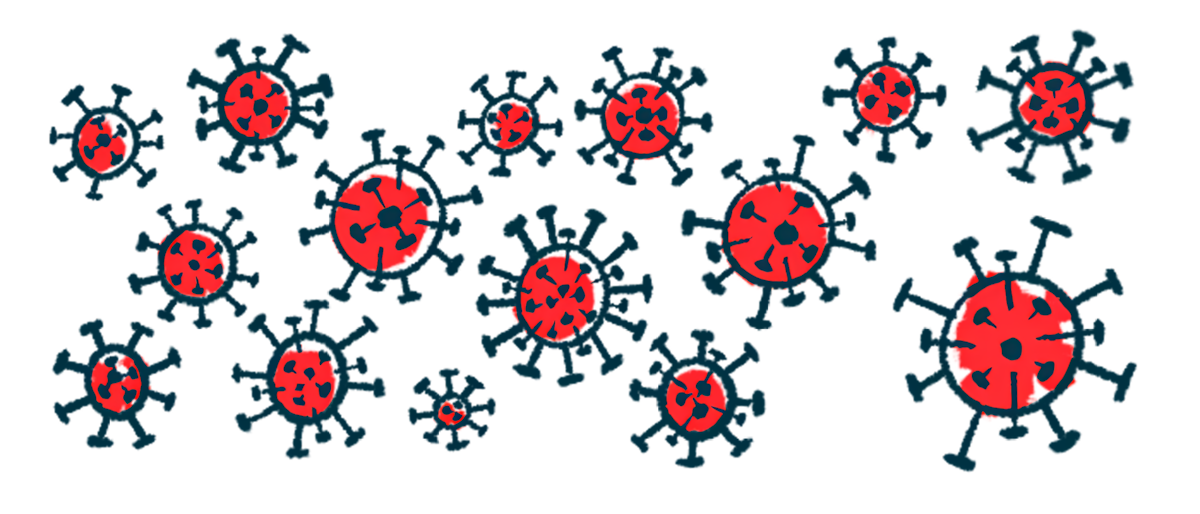Modex’s EBV vaccine given to first participant in Phase 1 trial
US trial seeking 200 healthy adults, ages 18-30, to test novel vaccine
Written by |

A Phase 1 clinical trial that is investigating a new vaccine against the Epstein-Barr virus (EBV), a well-established risk factor for developing multiple sclerosis (MS), in healthy volunteers has dosed its first participant.
The vaccine, called MDX2201, is being developed by Modex Therapeutics, an Opko Health company, in collaboration with Merck (known as MSD outside the U.S. and Canada).
The study (NCT06655324) seeks to enroll 200 participants, ages 18-30, at several sites in the U.S. to determine the safety and tolerability of its vaccine, administered via three injections into the muscle over six months. The vaccine’s ability to generate an immune response against EBV will also be assessed over about 1.5 years.
“We are grateful to the participants and physicians who are actively engaged with Merck in our joint efforts to explore the potential of MDX2201 as a novel vaccine against EBV,” Elias Zerhouni, MD, president and vice chairman of Opko, said in a company press release.
Under the collaboration, Modex and Merck worked together to gain clearance for clinical trials of MDX2201, and Merck is now responsible for leading this and future trials. It will also be in charge of all regulatory activities and for marketing MDX2201, if it is approved in the future. Modex will receive an undisclosed payment for the start of the current trial, and is also eligible for other milestone payments and royalties on global sales.
Epstein-Barr is common virus found in people
EBV is one of the most common human viruses, infecting most people at some point in their lives. The virus is best known for causing mononucleosis, also known as the “kissing disease,” but it has been linked to a range of autoimmune conditions and cancers.
In MS, EBV is a strong risk factor for developing the condition, increasing its likelihood by about 32 times. It’s been shown that some EBV proteins are very similar in structure to certain proteins in the brain, so when the body mounts an immune response to fight the virus, it may inadvertently cause damage to healthy parts of the nervous system.
While EBV infection alone is not sufficient to cause MS, it may work together with other environmental and genetic risk factors to trigger the disease. Thus, a vaccine that prevents EBV infection in people at higher risk for MS is thought to help prevent the disease from developing.
MDX2201 is a nanoparticle that carries at its surface pieces of four EBV proteins (gp350, gH, gL, and gp42) that mediate EBV’s entry into human cells. It is designed to help the body recognize these proteins as harmful, so that an efficient immune response is mounted if the body ever comes into contact with EBV.
By targeting four different viral proteins, the approach is expected to be more effective than previous vaccines focusing on gp350 alone, according to the press release.
“Our Merck collaboration combines their discovery and clinical development expertise with our innovative and unique technology platform against this latent virus where an approved vaccine could have significant implications for the majority of people around the world,” Zerhouni said.



